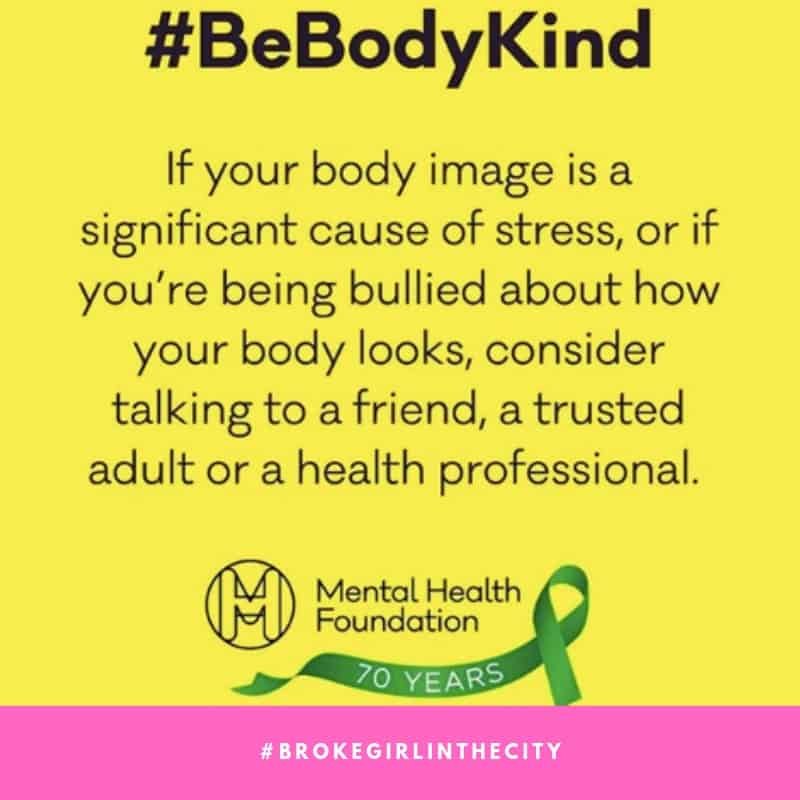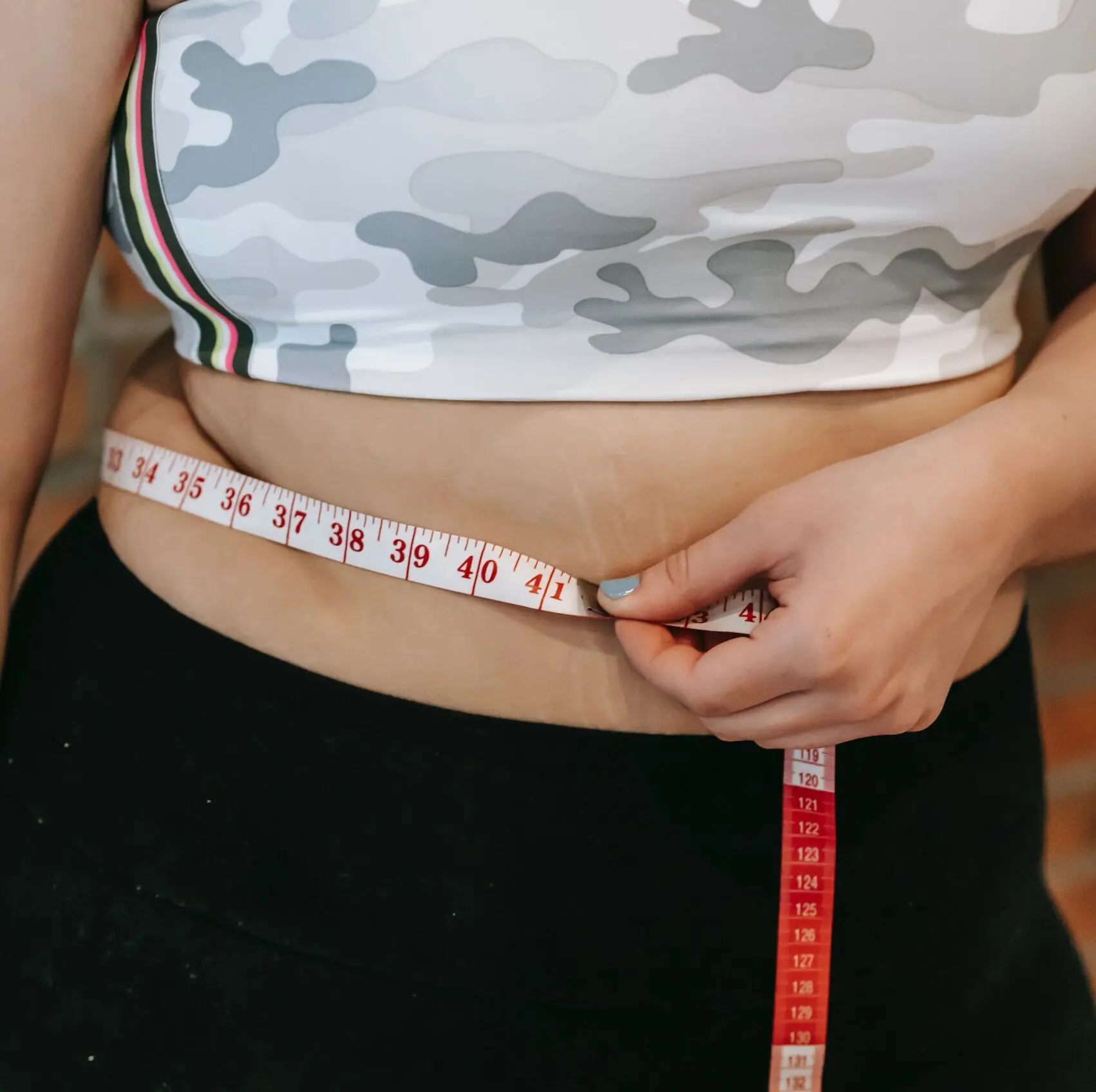
Mental Health Awareness Week
Hosted by the Mental Health Foundation, Mental Health Awareness Week takes place from 13-19 May 2019. The theme this year is Body Image – how we think and feel about our bodies.

What do we mean by ‘body image’?
‘Body image’ is a term that can be used to describe how we think and feel about our bodies. Our thoughts and feelings about our bodies can impact us throughout our lives. Affecting, more generally, the way we feel about ourselves and our mental health and well-being – mentalhealth.org

Mental Health Foundation with YouGov
New online surveys were conducted by the Mental Health Foundation with YouGov in March 2019. of 4,505 UK adults 18+ and 1,118 GB teenagers (aged 13-19).
Results highlighted these problems:
- 1 in 5 adults (20%) felt shame. Just over one-third (34%) felt down or low. 19% felt disgusted because of their body image in the last year.
- Among teenagers, 37% felt upset, and 31% felt ashamed about their body image.
- Just over one-third of adults said they had ever felt anxious (34%) or depressed (35%) because of their body image.
- 1 in 8 (13%) adults experienced suicidal thoughts or feelings because of concerns about their body image.
- Just over 1 in 5 adults (21%) reported that advertising images caused them to worry about their body image.
- Just over 1 in 5 adults (22%) said images on social media caused them to worry about their body image. Additionally, 40% of teenagers reported the same concern.

The research suggests that body image can be influenced by:
- our relationships with our family and friends
- how our family and peers feel and speak about bodies and appearance
- exposure to images of idealised or unrealistic bodies through media or social media
- the pressure to look a certain way or to match an ‘ideal’ body type

Top Tips (Mentalhealth.org)
- If your body image is a significant cause of stress. Or if you’re being bullied about how your body looks. Consider talking to a friend, a trusted adult or a health professional.
- Spring-clean your apps on your smartphone.
- Notice the people and accounts you follow on social media. When you look at them, be mindful of how you feel about your body and appearance.
- If you see an advert in a magazine, on TV, or online, ask yourself if it promotes an unhealthy body image. Consider whether it portrays this as desirable. You can complain to the Advertising Standards Authority.
- At home, parents and carers can lead by example. By modelling positive behaviour around body image, eating healthily and staying active.
- In our daily lives, we can all be more aware of how we talk about our own bodies. We should also consider how we talk about other people’s bodies in casual conversations with friends and family.
- Find the best way that works for you to stay active.

